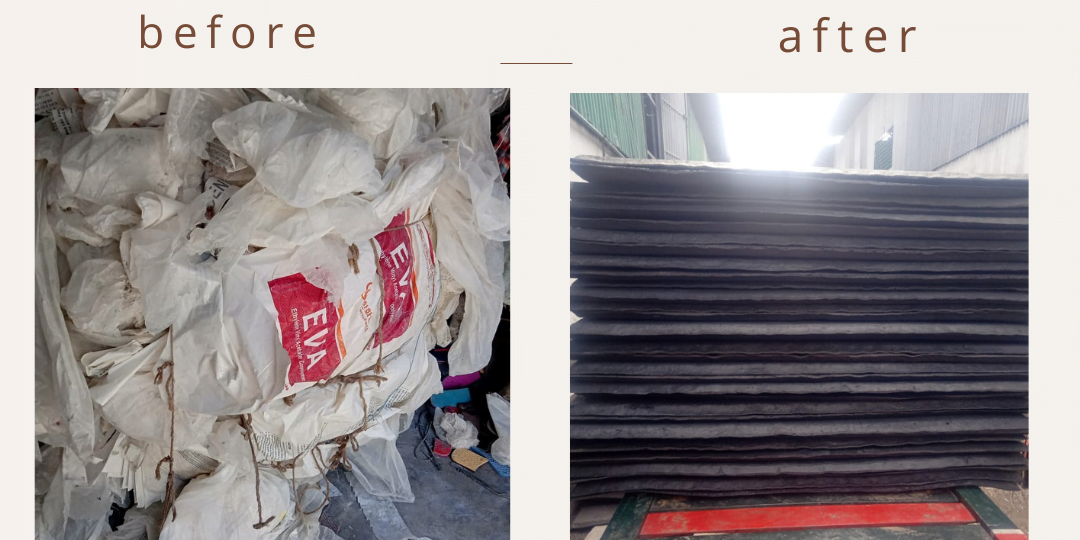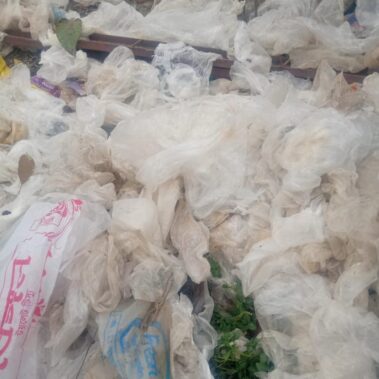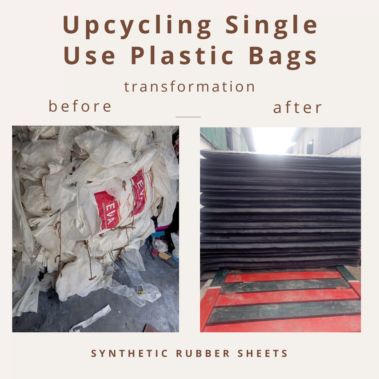Plastic pollution refers to the accumulation of plastic products in the environment, particularly in the Earth’s oceans. It is a major environmental problem because plastic takes hundreds of years to break down, meaning that it can persist in the environment for a long time. In addition, plastic waste can have negative impacts on wildlife and the ecosystem, as it can entangle or suffocate animals and release harmful chemicals into the environment.
There are many sources of plastic pollution, including the improper disposal of plastic products and the release of plastic waste from landfills and waste management facilities. Plastic products such as bags, bottles, and packaging materials are often not disposed of properly and can end up in the environment, where they can be carried by wind or water to other areas.
To address plastic pollution, it is important to reduce the amount of plastic that is produced and to improve the management of plastic waste. This can be done through a combination of measures such as increasing the use of reusable products, promoting the use of biodegradable plastics, and improving waste management and recycling infrastructure. Governments, businesses, and individuals can all play a role in addressing plastic pollution by adopting more sustainable practices and supporting initiatives to reduce plastic waste.
To address plastic pollution in Bangladesh, it is important to improve waste management infrastructure and to promote the use of more sustainable alternatives to plastic. This can be done through initiatives such as education campaigns, the implementation of plastic bans and taxes, and the promotion of reusable products. Governments, businesses, and individuals all have a role to play in reducing plastic pollution in Bangladesh and creating a more sustainable future for the country.






















